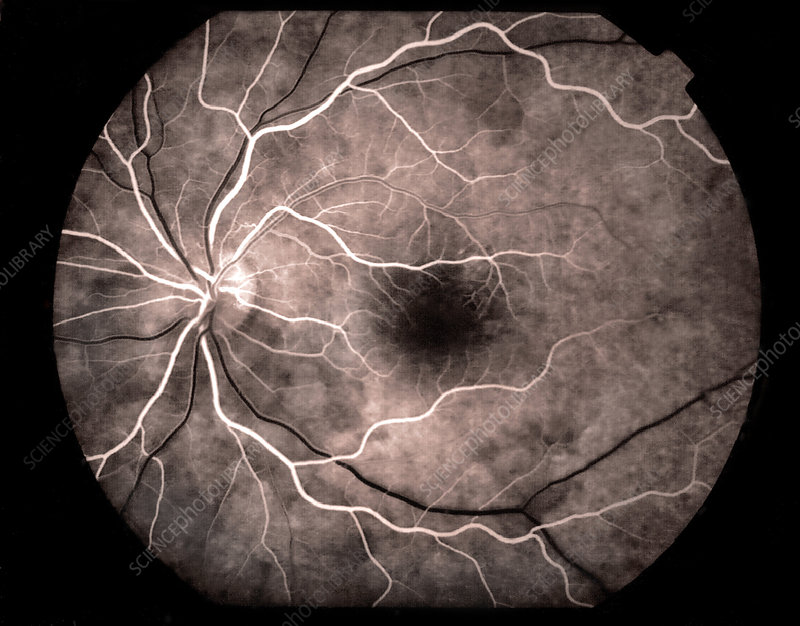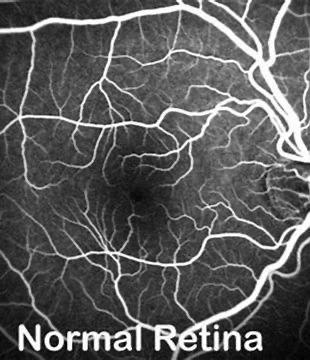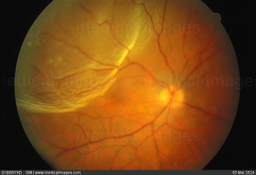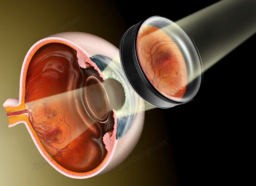The retina, a masterpiece of biology, orchestrates vision—converting light into electric signals. Its layers, rods, and cones create our colorful world. At Garrett Eye Center, we are committed to providing exceptional retinal care to our patients. Our team of University trained MD Ophthalmologists offers a comprehensive range of services, utilizing advanced techniques and state-of-the-art equipment. Whether you need a routine retinal exam or specialized treatments, we’ve got you covered.
When it comes to retinal symptoms, prompt evaluation by an Ophthalmologist (MD) is crucial. Here are some signs that warrant immediate attention:
Symptomatic Floaters and Flashing Lights:
If you notice sudden floaters (those tiny specks drifting across your vision) accompanied by flashing lights, seek an urgent dilated fundoscopic examination. These symptoms could indicate a retinal tear or detachment.
Loss of Vision or Pain
Any obscured vision, pain in the eye, lids, or orbits, or even loss of vision should not be ignored. These could signal serious retinal issues.
Our thorough retinal exams are designed to assess the health of your retina and identify any potential issues.


Here’s what you can expect during your exam:
Indirect Ophthalmoscopy
This non-invasive technique allows us to visualize the entire retina, including the peripheral areas. By dilating your pupils and using special lenses, we can examine the retina for signs of disease or abnormalities.


Optical Coherence Tomography (OCT)
Optical Coherence Tomography (OCT) is a high resolution imaging method that provides detailed cross-sectional images of the retina. It helps us detect conditions such as macular degeneration, diabetic retinopathy, and retinal tears.

Fluorescein Angiography
During this procedure, a fluorescent dye is injected into your bloodstream. As the dye circulates through your retinal blood vessels, we capture images to assess blood flow and identify any leakage or abnormalities
Digital Photography
High-quality retinal photographs allow us to document and monitor changes over time. These images serve as valuable diagnostic tools and aid in treatment planning.

